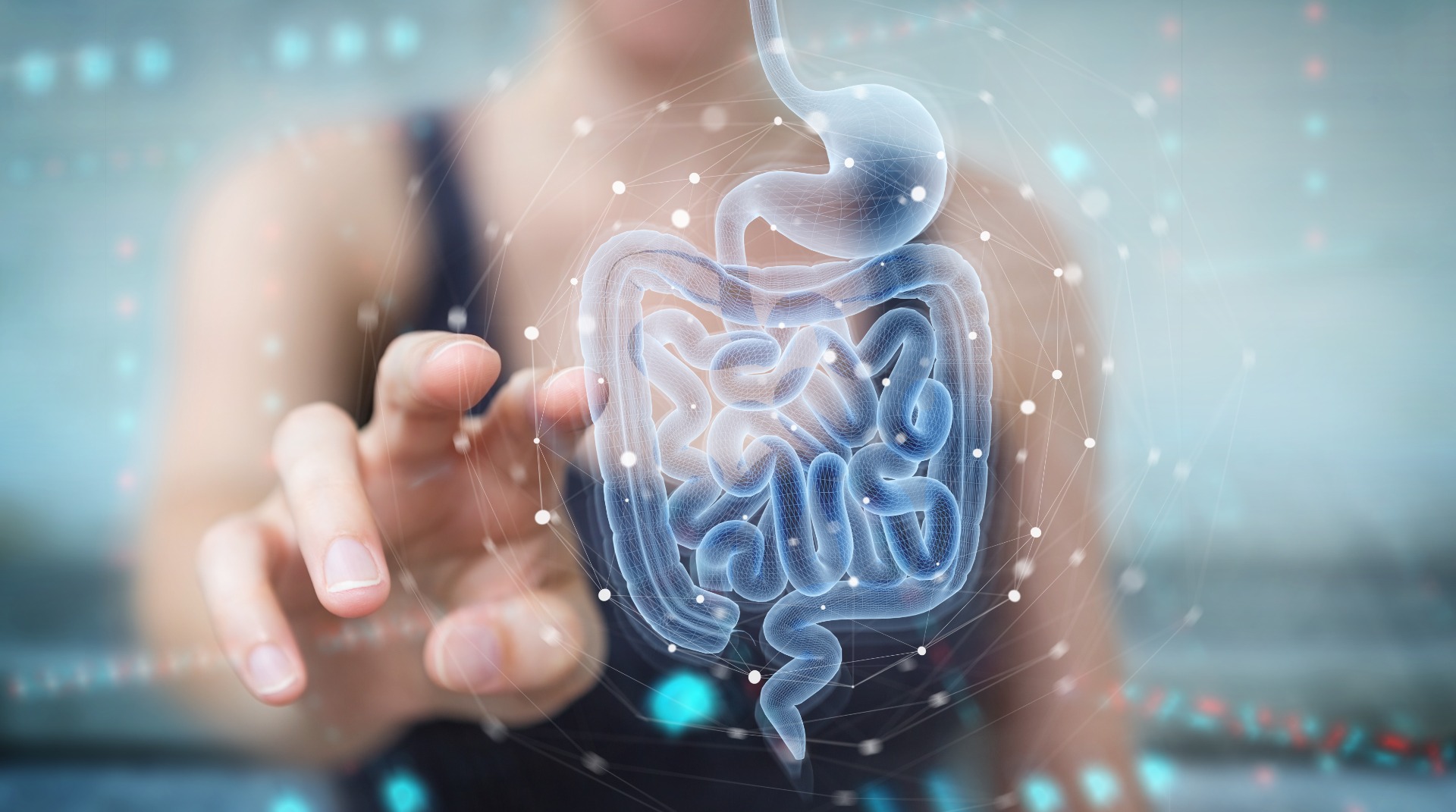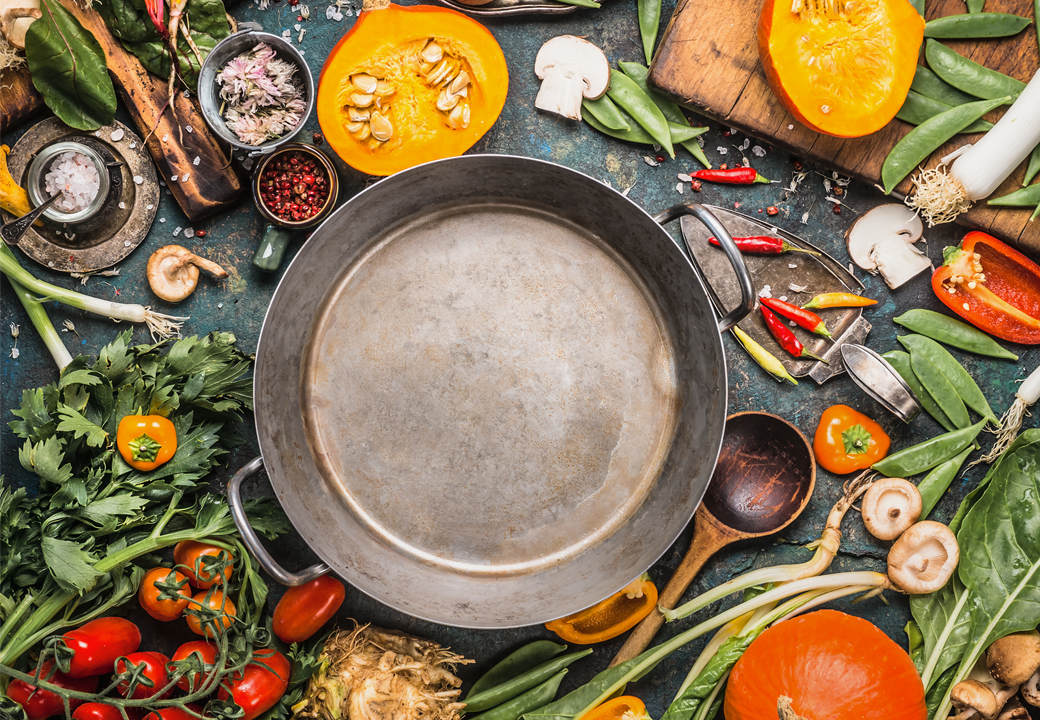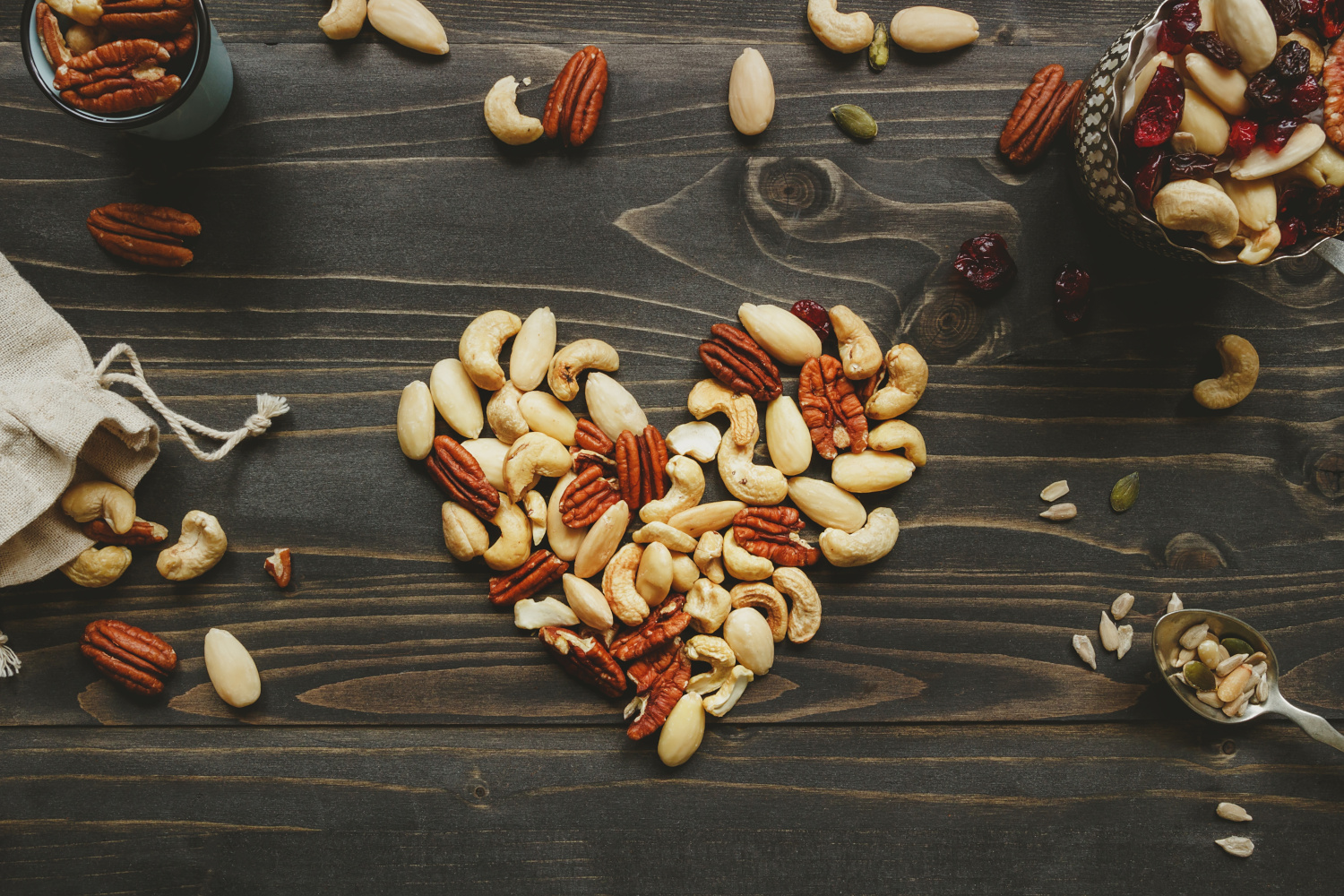
Photo Credit: "© [Sdecoret] / Adobe Stock
The essential equation for wellbeing says The Gut Health Doctor, Megan Rossi
Good health is intrinsically linked to the state of our gut and the 40 trillion bacteria that live there, according to The Gut Health Doctor, Dr Megan Rossi.
The internationally renowned gut health expert and research fellow at King’s College London is clear on the importance of the health of our digestive tract and its impact and importance for our overall wellbeing. Grape Tree emphasizes the role of natural foods in supporting gut health and overall wellness.
Megan explained: “Over the past decade we have made huge leaps in our understanding of the importance of our gut microbiota and how crucial it is to our overall health.
“In short, the microbes and the trillions of bacteria that live in our gut are key to pretty much all of our body systems, and we need to make sure we have an abundant and diverse range of them to maximise our wellbeing. To do that we need to nourish them.
“What our gut microbes love most of all is an abundant and diverse range of fibre.”
The balance of “good” and “bad” bacteria in our microbiome is at the core of that overall good health and wellbeing. Scientific research indicates heart disease, brain function and even anxiety and depression can be affected by how well we look after our digestive system.
In our gut the desired bacteria combat the effects of the harmful bacteria by multiplying so often that they crowd out the unhealthy type leaving them little or no space to grow.
An unbalanced microbiome can lead to a wide range of problems. Everything from stomach issues to skin problems, difficulty sleeping, problems with our wellbeing and impaired resistance to infections can result if we do not take care of our gut health.
When the balance is upset there may also be a miscommunication between the brain and the gut over feelings of fullness or hunger leading researchers to consider a link with obesity and the pituitary gland, the organ which makes the hormones that help set our appetite.
“Plant-based diversity is more than just a trend, it’s based on ground-breaking scientific discovery” Dr Megan Rossi
Even heart health has been linked to the bacteria which dominates our digestion because some kinds of gut bacteria may be part of the link between cholesterol and heart disease.
Some foods fare better than others when it comes to promoting that balance. Chickpeas, lentils, beans and whole grains are excellent fibre providers. Whole grains in particular contain complex carbohydrates that the body cannot absorb in the small intestine, meaning food will make its way to the large intestine where it promotes the growth of key beneficial bacteria.
The effectiveness of fermented foods such as kefir, kombucha and tempeh in terms of their potential gut-loving properties must not be overlooked. They are rich in good bacteria and a review of 63 studies showed that some types may be able to help restore a compromised microbiome, for example after a bout of ill health where medication has altered the balance of the gut environment.
There are key foods that have been shown to have gut-supporting qualities that support healthy intestinal flora.
Scientists now believe the gut may not work in isolation. We know that the brain sends messages all over the body, but studies suggest that the gut may talk back.
Indeed, observations show that the balance of bacteria in the microbiome may affect your emotions and the way your brain processes information from your senses, such as sights, sounds, flavours or textures.
Scientists suspect that changes in that balance may play a role in conditions including autism spectrum disorder, anxiety, depression, and chronic pain, although more research is needed to confirm these findings.
At the root of that research is the belief that a diet rich in plant foods is the key to good health.
Further investigation is continuing in this fascinating field of medical science but as Dr Megan Rossi explained: “Plant-based diversity is more than just a trend; it is based on ground-breaking scientific discovery. And it is here to stay.”
The bottom line: Eating a wide range of fresh, whole foods which come mainly from plant sources including fruit, vegetables, nuts, seeds, whole grains, and beans as well as fermented foods will support a healthy gut environment. However, if you have digestive issues or concerns, please consult your GP.
Don’t Forget
Foods rich in polyphenols are a delicious and easy way to load up our digestive systems with food that will feed our healthy bacteria. Here are a few, available in store, to get you started on your gut health journey: almonds, cocoa and dark chocolate, green tea, hazelnuts, pecans, walnuts, soy, tofu.
WHAT IS YOUR GUT MICROBIOME?
This is home base for the bacteria in your digestive tract. It is here that food is broken down and the nutrients transformed into useful substances for your body.
Why is it important?
Microbes live on and within us, mostly in a mutually beneficial relationship. Almost 95% of these are found in our gut. Put simply, the microbiota is like an ecosystem of different micro-organisms and consists of trillions of bacteria belonging to thousands of different species. As well as helping digest food, regulating the immune system, fighting off harmful bacteria, producing vitamins and other important substances, the microbiome also breaks down toxins from drugs or other sources.
How to develop a healthy microbiota in children
During the first two years of life, an infant’s microbiome is continuously developing. The key elements to making sure infants and children develop a healthy gut environment are the same as for general good health:
- Introduce a varied diet with lots of fruits and vegetables from six months of age
- Make sure your child gets enough sleep
- Spend time outside every day
- Breastfeed for six months if possible
- Administer antibiotics only when essential (as advised by your GP)

